Residents in Ukraine's second biggest city Kharkiv said they hoped for the best but would prepare for the worst, as Russia massed tens of thousands of troops near Ukraine's borders and diplomatic talks failed to produce a breakthrough.
Kharkiv, an industrial city in eastern Ukraine that is home to tank, aircraft and tractor factories, lies 42 km (26 miles) from the Russian border. Ukrainian President Volodymyr Zelenskiy has identified it as a possible target of a Russian attack.
Russia has denied it plans to attack Ukraine but has pressed the West for security guarantees, including a block on Ukraine joining NATO alliance.
Kharkiv's mayor, Igor Terekhov, has said the city of 1.4 million will be "calm and collected" and he would not allow anybody to take it. Interviewed this week, some residents said they would stay and fight, others might move.
"I do not have to stay in one place, if anything happens - I can work remotely," said project manager Daniella Shatokhina.
"I am trying not to think about it. I hope everything will be okay, I hope for the best. It's better not to panic before time but to decide as it happens, think on my feet."
Another resident, assistant brand manager Anya Vergeles, compared the situation to 2014, when Russia seized Ukraine's Crimea peninsula.
"Nobody thought that this could happen to Crimea. Nobody could imagine that. I do not want to believe it, but we do not know what will happen next," she said.
Zelenskiy said in an interview published on Friday that an attack on Kharkiv was "feasible", though a spokesman later said the president was laying out a hypothetical scenario.
The top US and Russian diplomats made no major breakthrough at talks on Ukraine on Friday but agreed to keep talking to try to resolve the crisis.
Sales manager Oleksiy Kormylets said he would not leave Kharkiv whatever happened.
"Run? No. No way! I was born here. I grew up here. I am staying no matter what. And if I have to join the city defence, I'll do it," he said.
IT programmer Anton Sergeev thought Russia may be just sabre-rattling, and recalled an unsuccessful attempt by Russian-backed separatist forces to capture the city in 2014.
"They already were 'welcomed' here so they have learnt it's better to stay away. Or they will go back home in zinc coffins. And their mothers will cry," he said.





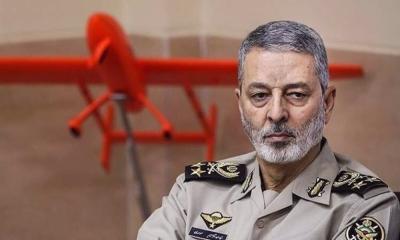

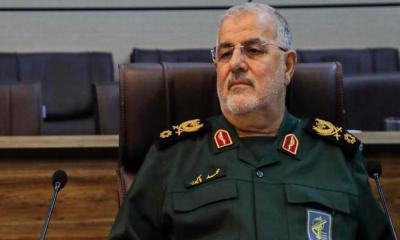
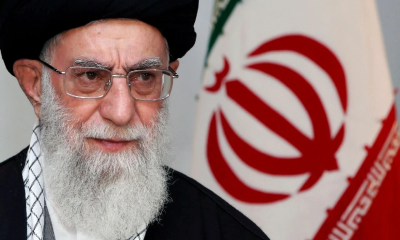
-20260301064029.webp)
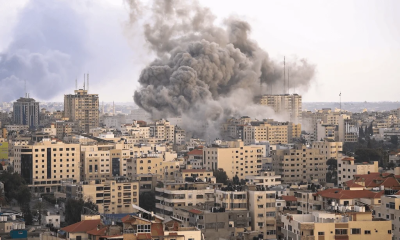

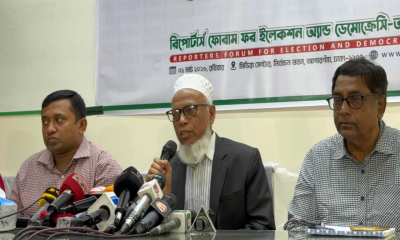
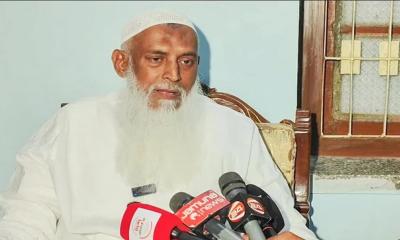
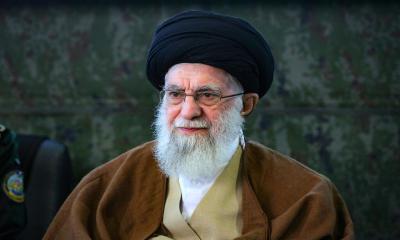
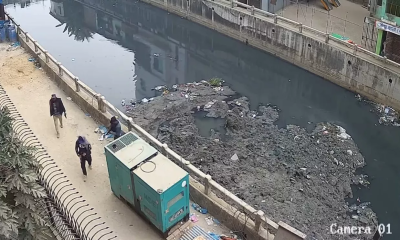
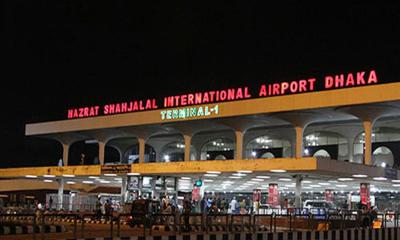

-20260228080513.webp)





-20260224075258.webp)






-20260225072312.webp)
